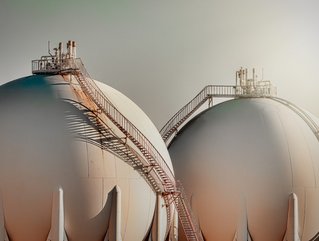OPEC attempts to stabilise the oil & gas market

It has been reported that OPEC (Organisation of the Petroleum Exporting Countries) has taken steps to stabilise the volatile oil and gas market.
In combination with efforts by the G20 and International Energy Agency, OPEC’s newly brokered deal could result in a reduction of up to 20mn barrels of oil per day (bpd) from circulation, therefore decreasing excess stockpiles and driving up prices.
This could be very positive news for an industry which has been beset by problems since the beginning of 2020. OPEC’s deal, supplemented by the as-yet-undefined efforts of the G20, could sow the seeds for restoring normality to the market.
Making history
According to reports, Russia and Saudi Arabia will each reduce their production to 8.5mn bpd (previously 12.3mn and 11.29mn bpd respectively), a significant cut in the oil industry’s history.
“[The production adjustments] are the largest in volume and the longest in duration, as they are planned to last for two years,” said H.E. Mohammed Barkindo, Secretary-General of OPEC.
SEE ALSO:
“We are witnessing today the triumph of international cooperation and multilateralism which are the core of OPEC values.”
Benefiting Africa
In addition to the potential for stabilising the global oil and gas market, OPEC’s deal is expected to also bring a degree of prosperity to the African continent. APPO (African Petroleum Producers' Organisation) has been following proceedings accordingly.
Among the African nations expected to benefit from OPEC’s production cuts are Nigeria, Angola and South Sudan.
Nigeria’s Minister of State for Petroleum Resources, Hon. Chief Timipre Marlin Sylva, announced in a statement that, “This [...] promises an appropriate balancing of Nigeria’s 2020 budget that has been rebased at $30 per barrel.”
Meanwhile, South Sudan’s Minister of Petroleum, Hon. Puot Kang Chol, added his support OPEC’s new deal, as well as guaranteeing its national battle against COVID-19 (coronavirus).
“We welcome all efforts to stabilize the oil market and South Sudan will continue to play its role. Our government will continue doing its utmost best in making the oil production and fighting the Coronavirus a priority and we will continue collaborating with all our partners.”
For more information on energy digital topics - please take a look at the latest edition of Energy Digital Magazine.






